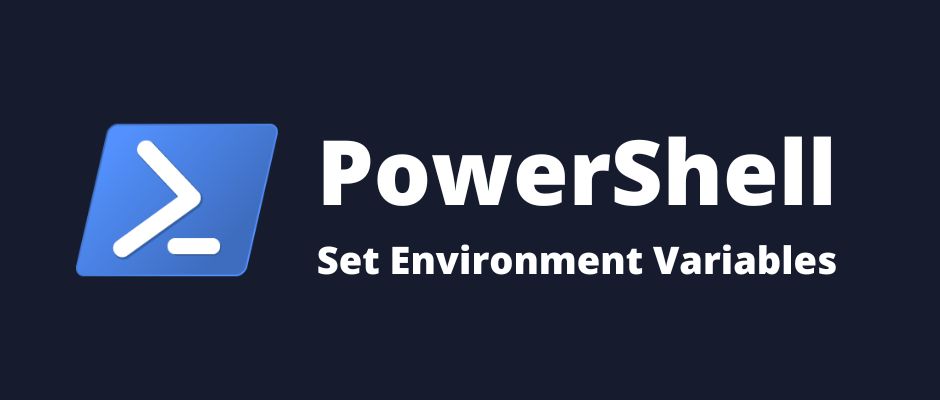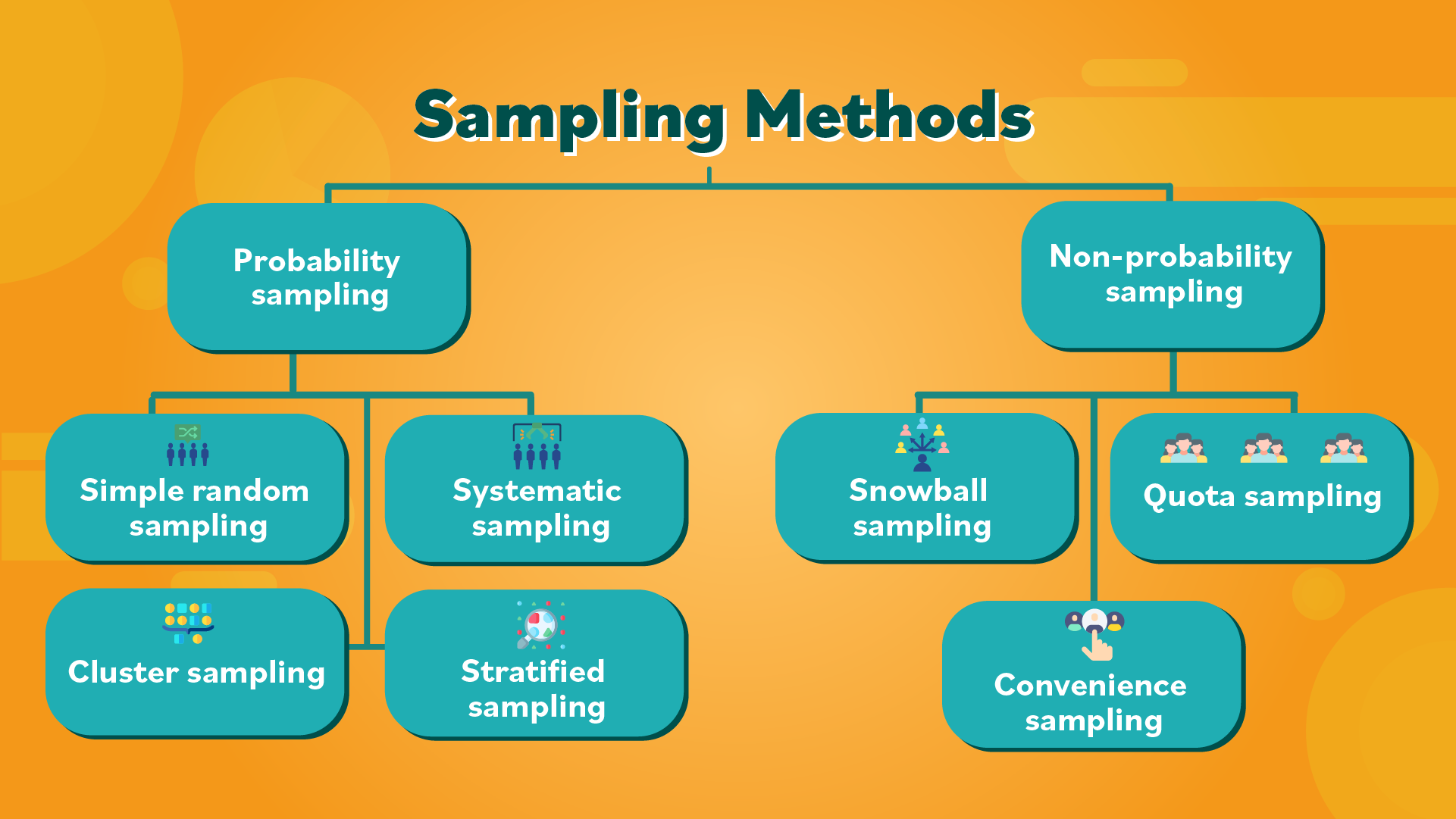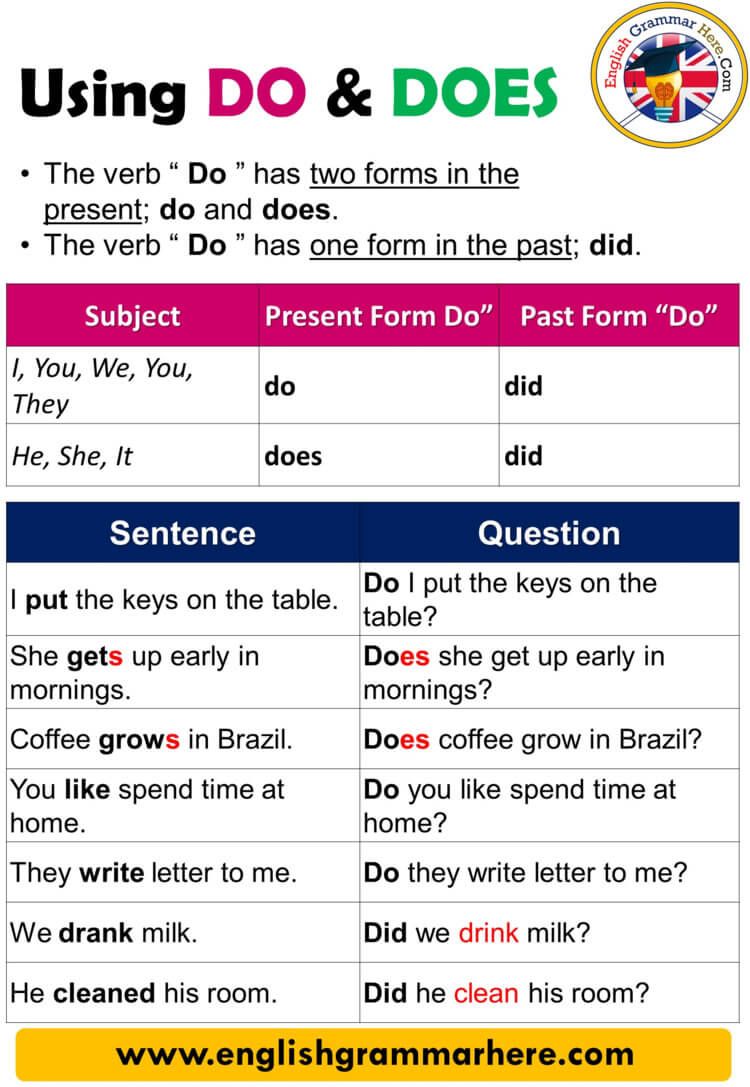Understanding the Key Differences Between Data Science and Data Analytics: Career Paths, Skills, and Opportunities
Introduction
In the rapidly evolving world of technology and business, data science and data analytics are two disciplines that often spark confusion and debate. While both deal with the interpretation and use of data, their approaches, skill sets, and impacts differ significantly. Understanding these differences is critical for professionals, businesses, and students seeking to unlock the value of data or enter high-demand careers. This article provides a comprehensive guide to the distinctions between data science and data analytics, including actionable steps to pursue each path.
What Is Data Science?
Data science is a broad, interdisciplinary field that combines mathematics, computer science, statistics, and domain expertise to extract meaningful insights from both structured and unstructured data. It encompasses methods for data collection, organization, modeling, and prediction, often leveraging advanced technologies such as machine learning and artificial intelligence (AI) [1] .
Key features of data science include:
- Working with large-scale, complex datasets from diverse sources
- Building predictive models and algorithms
- Applying machine learning and AI techniques to discover patterns
- Collaborating across disciplines to solve open-ended business or research problems
For example, a data scientist at a healthcare company might develop algorithms to predict patient outcomes using electronic health records, genomic data, and external health statistics. The process involves data engineering, feature selection, statistical modeling, and communication of actionable insights to stakeholders [2] .
What Is Data Analytics?
Data analytics focuses on examining datasets to identify trends, answer specific questions, and inform decision-making. Data analysts typically use statistical tools and software to process structured data, generate reports, and provide business intelligence [3] .
Key features of data analytics include:
- Analyzing structured data from databases or spreadsheets
- Using statistical analysis to draw conclusions
- Visualizing data to communicate findings
- Supporting organizational decision-making by providing clear, actionable insights
For instance, a data analyst in retail might analyze sales figures from the past year to identify seasonal trends, recommend inventory adjustments, and prepare reports for managers. The emphasis is on turning raw data into plain language conclusions that drive business actions [4] .
Comparing Scope and Approach
The primary difference between data science and data analytics lies in their scope and approach [1] :

Source: riseinstitute.tech
| Aspect | Data Science | Data Analytics |
|---|---|---|
| Scope | Broad, interdisciplinary; includes research, modeling, and prediction | Narrower; focuses on analysis and reporting |
| Data Types | Structured & Unstructured | Mostly Structured |
| Techniques | Machine learning, AI, statistical modeling | Statistical analysis, data visualization |
| Skills Required | Advanced programming (Python, R), mathematics, domain knowledge | SQL, Excel, visualization tools, statistical methods |
| Outcome | Predictions, models, automation frameworks | Reports, dashboards, business intelligence |
Data science acts as the umbrella under which data analytics operates; data science professionals often perform analytics as part of broader modeling and discovery tasks [5] .
Education, Skills, and Career Paths
Education Requirements:
- Data analysts typically require a bachelor’s degree in mathematics, statistics, computer science, business, or a related field.
- Data scientists usually hold advanced degrees (master’s or PhD) in data science, computer science, statistics, or engineering [5] .
Skillsets:
- Data analysts: Data mining, SQL, Excel, data visualization (Tableau, Power BI), statistical analysis.
- Data scientists: Machine learning, Python, R, algorithm design, software development, domain expertise [4] .
Career Opportunities:
- Data analyst: Entry-level roles in business intelligence, market research, financial analysis, and operations.
- Data scientist: Advanced positions in AI development, predictive modeling, research, and strategic analytics.
According to the World Economic Forum Future of Jobs Report 2025, data analysts and data scientists are among the most in-demand and high-paying jobs worldwide [5] .
Practical Steps to Pursue a Career in Data Science or Data Analytics
If you’re interested in building expertise or starting a career in these fields, consider these actionable steps:
- Assess your background. If you have a strong foundation in mathematics, programming, or statistics, you may consider pursuing data science. If you are skilled at interpreting business data and communicating findings, data analytics could be ideal.
- Develop relevant skills. Take online courses or certifications. For data analytics, consider certificates such as Google’s Data Analytics Professional Certificate. For data science, explore IBM’s Data Science Professional Certificate. You can search for these programs on the official Coursera platform or the respective company websites.
- Build practical experience. Seek internships, entry-level roles, or volunteer projects to work with real data. Many organizations offer virtual work experiences or training opportunities through their official career portals.
- Network and stay current. Join professional associations such as the Data Science Society or local data analytics meetup groups. Attend conferences and read industry publications from reputable organizations (e.g., IBM, World Economic Forum) to stay updated on trends.
- Apply for jobs. Use platforms like LinkedIn, Indeed, or Glassdoor to search for positions. Filter by “data analyst” or “data scientist” and review job descriptions to understand required skills and responsibilities.
If you require official guidance or want to verify credentials, search for professional certification programs using terms like “Google Data Analytics Certificate” or “IBM Data Science Certificate” on their respective official websites.
Challenges and Solutions
Common Challenges:
- Keeping up with rapidly changing technology and tools
- Gaining hands-on experience with real-world data
- Distinguishing between overlapping roles and responsibilities
Solutions:

Source: stagingdataspacesecurity.cloud
- Participate in online communities or forums for peer support and learning
- Use open-source datasets available on platforms like Kaggle for practice
- Stay informed about new developments by following news outlets and professional associations
Alternative Pathways
If you are unsure which path to take, consider hybrid roles such as “business intelligence analyst” or “data engineer.” These careers blend aspects of both data science and data analytics, requiring a combination of technical and analytical skills. To explore these alternatives, search for “business intelligence careers” or “data engineering jobs” on established job platforms or consult industry-specific career guides.
Key Takeaways
Data science and data analytics play vital roles in modern organizations, but they differ in scope, skills, and outcomes. Data science is broader and research-oriented, using advanced technology to create predictive models and insights. Data analytics is more focused on examining structured data to inform decisions and drive business results. Both offer rewarding career opportunities, and actionable steps are available to help you begin your journey in either field.
References
- [1] IBM (2023). Data science vs data analytics: What’s the Difference?
- [2] GeeksforGeeks (2025). Data Science vs Data Analytics
- [3] UCLA Extension (2024). Demystifying Data: Guide to Choosing Between Data Science vs. Data Analytics
- [4] Northeastern University (2025). Data Analytics vs. Data Science: A Breakdown
- [5] Coursera (2025). Data Analyst vs. Data Scientist: What’s the Difference?
MORE FROM couponito.com













